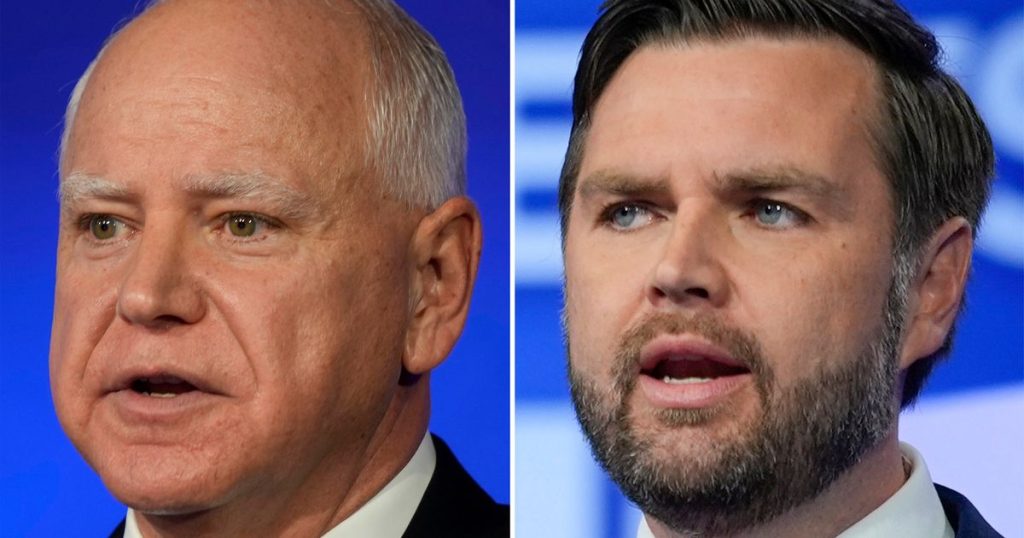The U.S. Court of Appeals for the District of Columbia Circuit has ruled in favor of New York startup company Kalshi, allowing them to resume taking bets on the outcome of U.S. Congressional elections. The court dissolved an order that had previously prevented the company from offering bets on which political party would control the House and Senate after the November elections. While Kalshi had only offered bets on congressional races so far, it is unclear if they plan to expand offerings to include the presidential election.
The U.S. Commodity Futures Trading Commission had sought to prevent Kalshi from offering political bets, citing concerns about potential manipulation of the markets and the impact on the integrity of American elections. However, the federal appeals court ruled that the commission did not provide enough evidence to prove that irreparable harm would result from the resumption of election betting. This decision allows Kalshi to continue offering political bets as the court further considers the underlying issues in the case.
Better Markets, a non-profit organization advocating for the public interest in financial markets, expressed concerns about the implications of allowing election betting. They warned that gambling on elections could create incentives for bad actors to interfere with the democratic process, potentially using technologies like AI, deepfakes, and social media to manipulate voters. They believe that the availability of election gambling contracts like Kalshi’s could intensify these dangers and damage the public interest in the upcoming elections.
Kalshi offers a wide range of yes-no bets on various topics, including business-related predictions like Netflix subscribers and Tesla production numbers, as well as cultural predictions like the success of music artists. In the political realm, Kalshi was taking bets on President Joe Biden’s approval rating, potential bans on social media platforms like TikTok, and the likelihood of additional presidential debates this year. The company’s offerings highlight the diversity of subjects that can be bet on in the prediction market.
Despite concerns raised by organizations like Better Markets, the Court’s ruling allows Kalshi to continue offering political bets for the time being. The company is advocating for government approval and regulation of political bets, which was denied by the commission due to concerns about potential market manipulation and the integrity of elections. As the court further considers the case, the resumption of election betting will provide an opportunity to assess the impact and implications of these types of markets on the democratic process.
Overall, the decision to allow Kalshi to resume taking bets on U.S. Congressional elections has sparked debate about the potential risks and benefits of prediction markets on political outcomes. While some argue that election gambling could undermine the integrity of elections and create incentives for interference, others see it as a way to engage the public in the political process. The court’s ruling allows for the continued exploration of these issues as the case progresses and may have broader implications for the regulation of prediction markets in the future.


